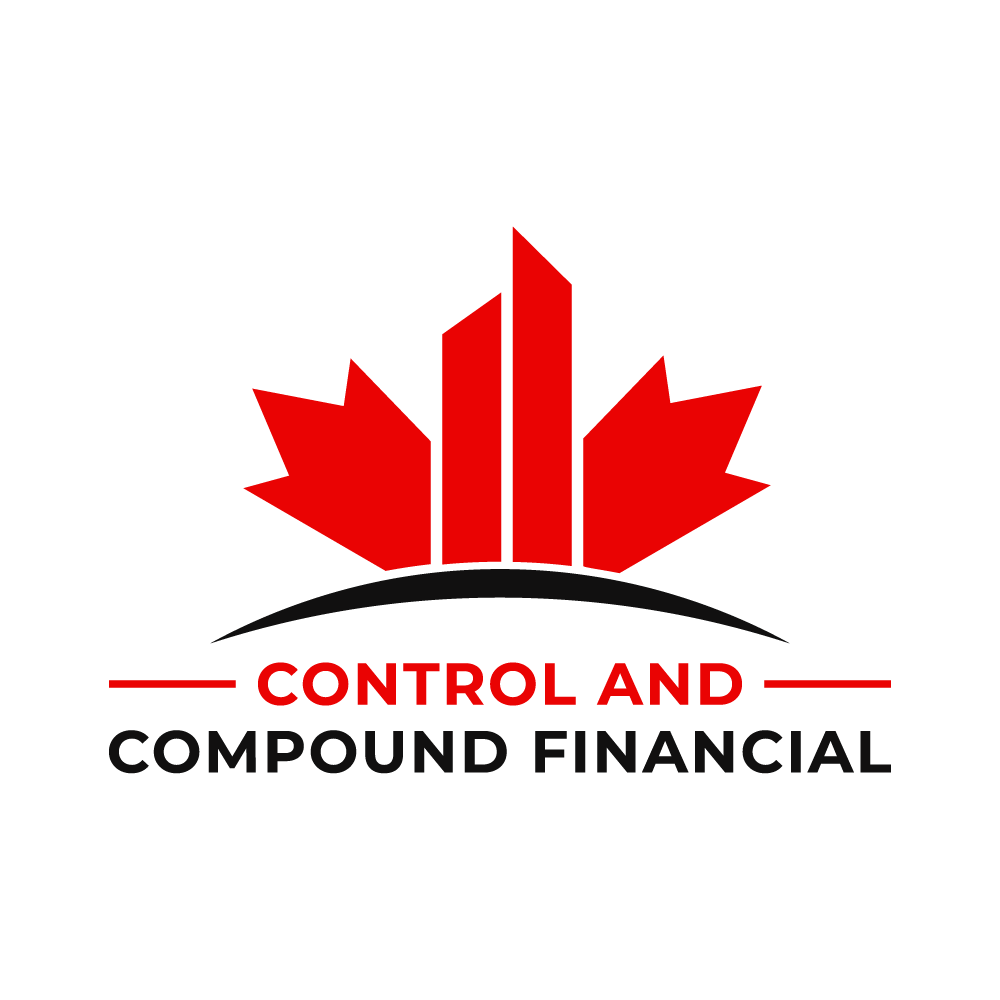Mortgage Insurance vs. Term Insurance: Understanding the Key Differences
Are you considering mortgage insurance or term insurance but not sure which one is the right fit for you?
In this blog, we’ll explain the distinctions between mortgage insurance and term insurance, with our insights as financial experts.
Understanding Mortgage Insurance
Mortgage insurance is often offered by lenders to cover the outstanding amount on a mortgage in the event of the borrower's death. However, it's essential to note that the bank is the owner and beneficiary of this policy, providing protection solely for the lender. The amount paid out in a mortgage insurance scenario matches the remaining mortgage balance, leading to a potential shortfall in the actual death benefit received by the borrower's family.
Exploring Term Insurance
Conversely, term insurance offers more flexibility and benefits to the policyholder and their beneficiaries. With term insurance, you have ownership over the policy, allowing you to select the beneficiaries and manage the death benefit payout. Moreover, term insurance provides a fixed death benefit amount throughout the policy term, which remains unaffected by changes in mortgage balances. This ensures that your loved ones receive the intended protection and support in the event of your passing.
Key Benefits of Term Insurance
One notable advantage of term insurance is the portability it offers. Unlike mortgage insurance, which is tied to a specific mortgage lender, term insurance remains intact even if you switch mortgage providers. This flexibility enables you to maintain your coverage regardless of any changes in your mortgage terms or lenders.
Additionally, term insurance often comes at a lower cost compared to mortgage insurance. By opting for term insurance, individuals can secure higher death benefits, additional riders for critical illness and disability coverage, and the ability to convert to permanent policies without medical underwriting.
The Value of Conversion Option in Term Insurance
The conversion feature in term insurance is a valuable aspect that allows policyholders to convert their term policy to a permanent life insurance policy without needing medical evidence. This conversion option proves beneficial when transitioning to an Infinite Banking strategy, providing the opportunity to establish a participating whole-life policy for long-term financial security.
When considering term insurance, it's crucial to assess your long-term financial goals, insurability, and the potential benefits of a conversion option to make an informed decision that aligns with your needs and objectives.
Final Thoughts
Understanding the disparities between mortgage insurance and term insurance is paramount in safeguarding your financial well-being and securing adequate protection for your loved ones. By evaluating the key differences and benefits of each insurance type, you can make an informed choice that suits your financial plans and long-term goals.
For further guidance on insurance strategies, financial planning, and wealth management, reach out to the team at Control and Compound for personalized assistance and expert advice by clicking here.
Stay informed, stay protected, and empower your financial future with the right insurance strategy that aligns with your unique financial situation.
MEET DARREN MITCHELL AND THE CONTROL AND COMPOUND TEAM
At Control and Compound Financial, we are the guiding hands for real estate investors and business owners throughout Canada, fostering wealth and prosperity. Our expertise lies in understanding the intricacies of real estate investment and business ownership. After all, we are business owners and real estate investors ourselves, immersed in these spheres daily.
Embark on a journey of Limitless Financial Potential by scheduling a conversation with the Control and Compound Team. Benefit from a Complimentary Education Session that serves as your stepping stone toward harnessing boundless financial horizons.


